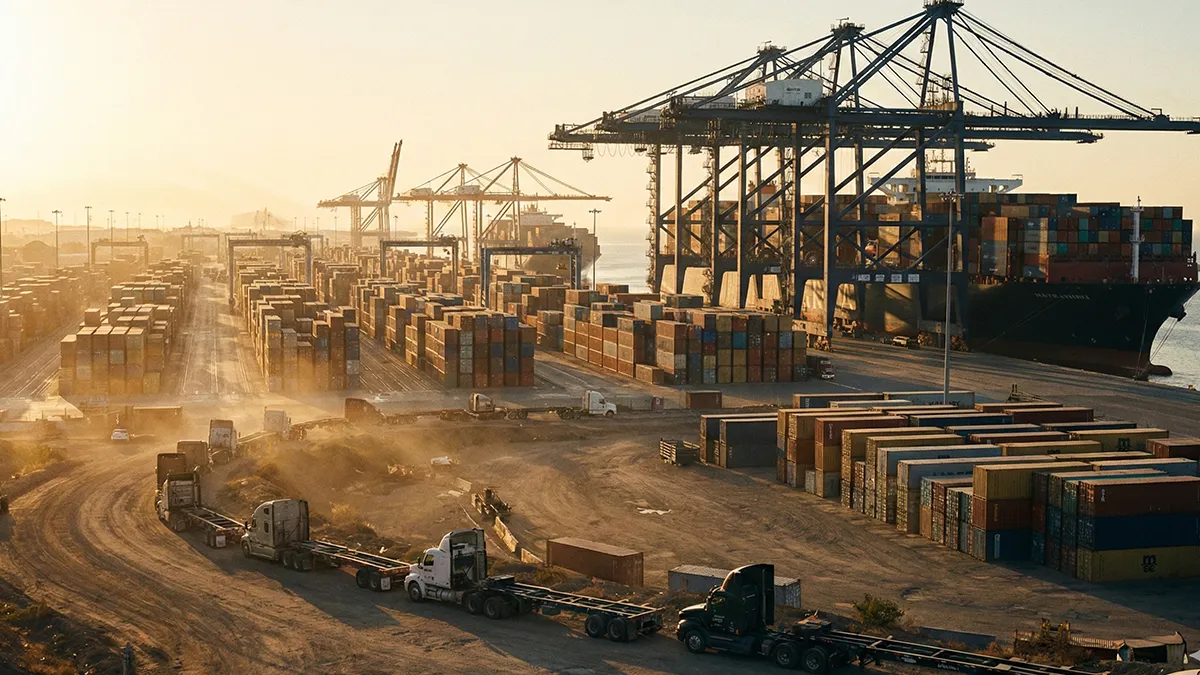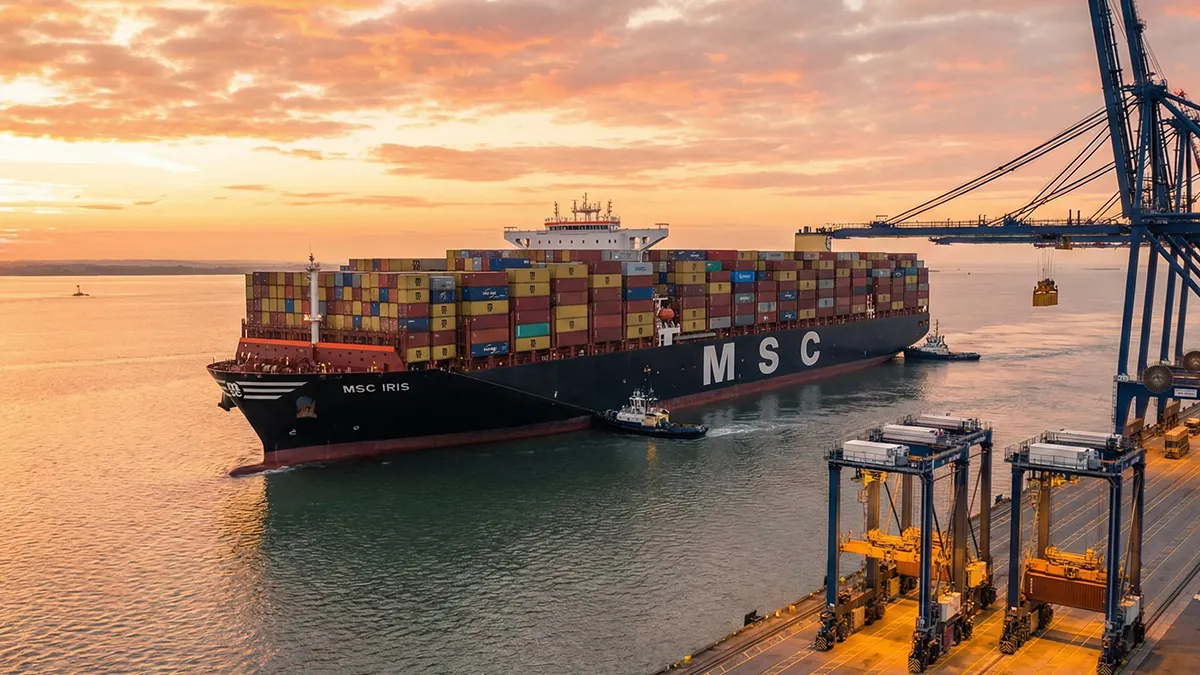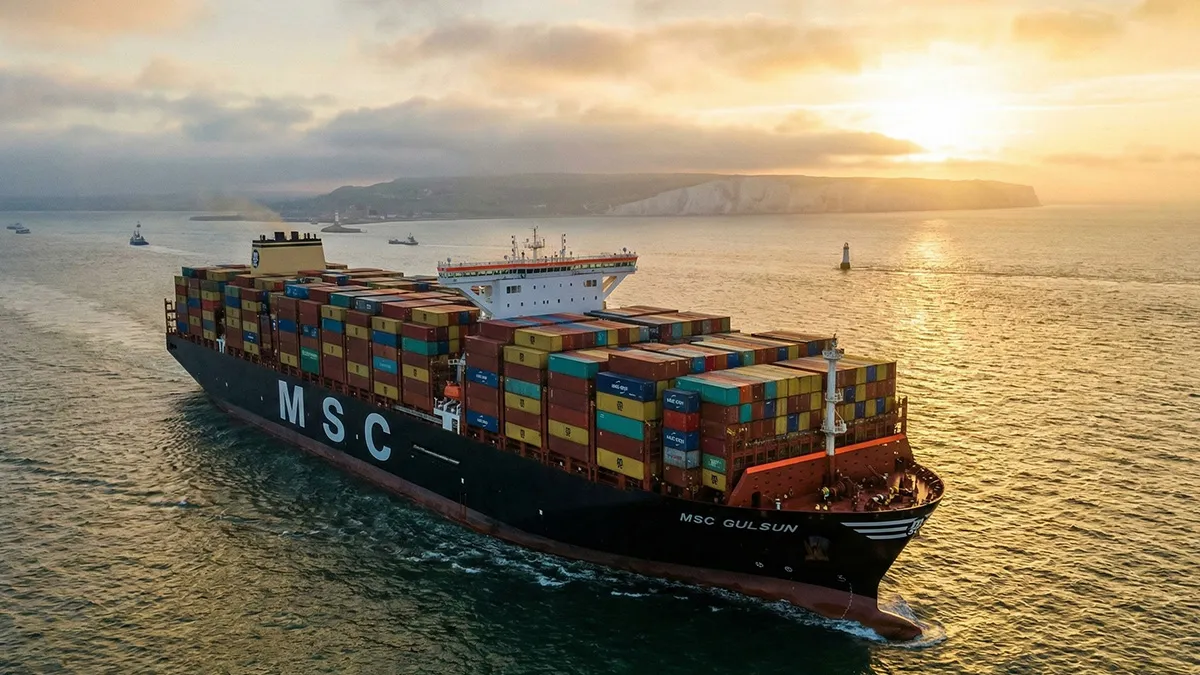U.S. Customs Holds and Exams Explained: A Guide for Importers
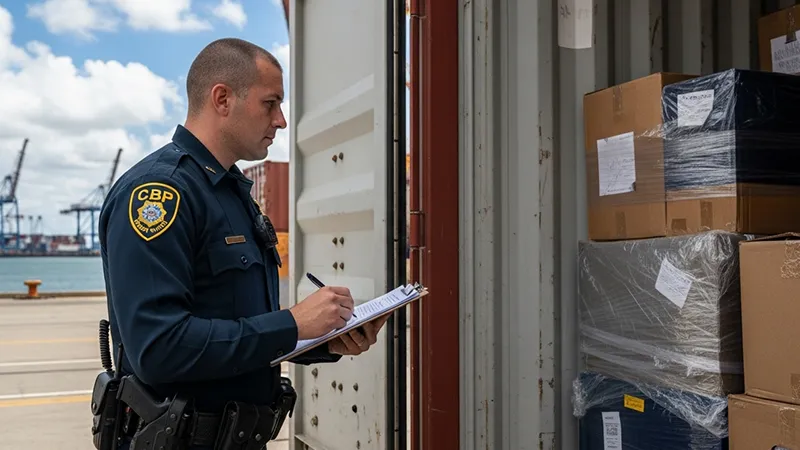
Receiving a notification that your shipment is on hold for a U.S. Customs exam is one of the most frustrating experiences in international trade. It can immediately bring your supply chain to a halt, causing uncertainty and delays. It's crucial to understand that under federal law (19 USC 1467), U.S. Customs and Border Protection (CBP) has the absolute right to examine any shipment entering the country, and the importer is legally required to bear the costs of these exams.
As a logistics partner with 25 years of experience navigating these processes, we know that while you can't prevent a random exam, you can prepare for them. This guide will explain why shipments are flagged, break down the most common types of customs holds and exams, and clarify what you can expect when your cargo is selected.
Why Was My Shipment Selected for an Exam?
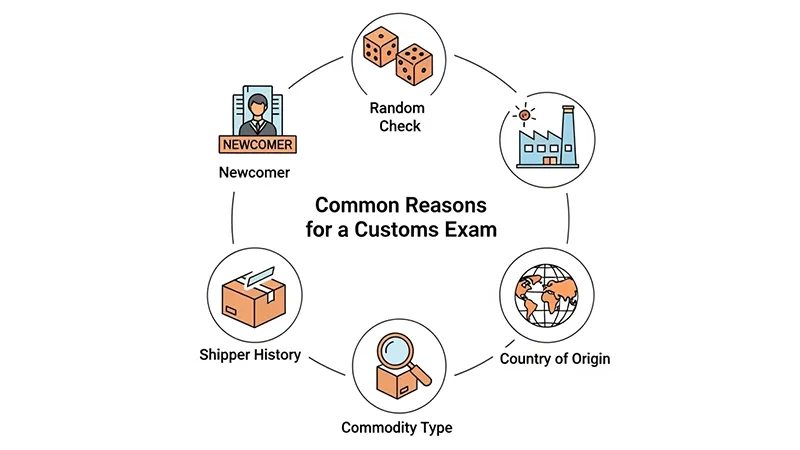
While CBP does not disclose its specific selection criteria for national security reasons, holds are generally triggered by a combination of automated risk assessment and random checks.
Common reasons a shipment might be flagged include:
-
Importer History: If you are a first-time importer, CBP will likely examine your first few shipments to establish a compliance record. Conversely, if you have a history of compliance issues (like improper labeling), you can expect more frequent inspections.
-
Shipper or Factory: If the shipper or manufacturer has a poor compliance record, their shipments are more likely to be flagged, regardless of the importer.
-
Country of Origin: Shipments from countries deemed "high-risk" for intellectual property violations, security concerns, or pest contamination are subject to greater scrutiny.
-
Commodity Type: Certain goods, especially food, cosmetics, drugs, wood products, and textiles, are heavily regulated by Partner Government Agencies (PGAs) like the FDA and USDA, leading to a higher likelihood of examination.
-
Random Chance: Sometimes, it's just bad luck. A percentage of all shipments are selected for examination at random to ensure the overall integrity of the system.
Once your cargo is selected for an exam, the process cannot be stopped or expedited by your freight forwarder.
The Most Common Types of Customs Holds & Exams
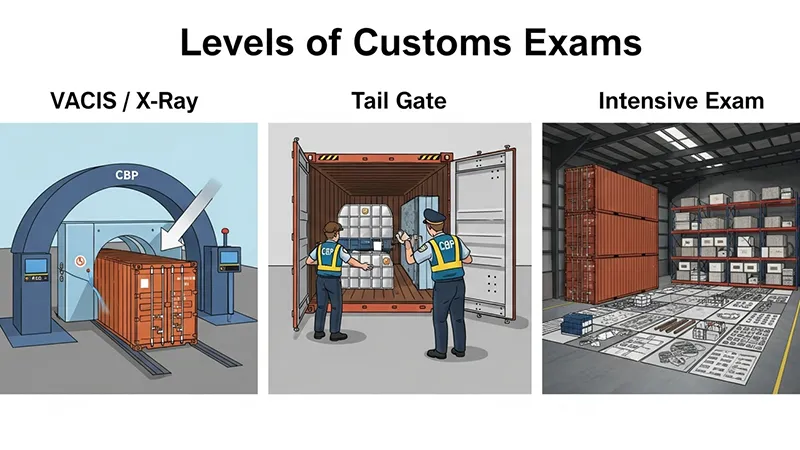
When your shipment is held, it will undergo one of several types of examinations, ranging from a simple X-ray to a full-scale physical inspection.
| Exam Type | What It Is | What It Means for You |
| VACIS / X-Ray Exam | A non-intrusive scan where the container passes through a large X-ray machine. | Lowest Cost & Fastest Exam. Minimal delay (usually 1-3 days). CBP is checking for contraband or discrepancies between the manifest and the scan. |
| Tail Gate Exam | A CBP officer physically opens the container doors and looks inside, but does not handle the cargo. | Low Cost & Minor Delay. Usually 2-4 days. The officer is checking that the visible cargo matches the documentation. |
| USDA Exam | A hold initiated by the U.S. Department of Agriculture to inspect for pests or prohibited plant/animal materials. | Variable Cost & Delay. Can be quick or lead to further action if pests are found. Often focused on wood packing materials (WPM). |
| FDA Hold / Exam / Sampling | A hold by the Food & Drug Administration for food, cosmetics, or medical devices. | Variable Cost & Potentially Long Delays. Can range from a simple document review (Hold) to a physical inspection (Exam) or lab testing (Sampling), which can take weeks. |
| Intensive Exam | A full "devanning" of the container. The cargo is taken to a bonded Container Exam Station (CES), where every piece may be inspected. | Highest Cost & Longest Delay. Expect delays of 7-14+ days. The importer is responsible for all costs, including transport to/from the CES and labor. |
How a Freight Forwarder Manages the Exam Process
While we cannot prevent a random customs exam, a professional logistics partner plays a critical role in managing the process and mitigating its impact. Our end-to-end, one-stop logistics solutions include:
-
Proactive Compliance: Our in-house customs brokerage team works with you to ensure all your documentation is accurate and complete before your shipment ever departs. A clean compliance record is the best way to reduce the frequency of non-random exams.
-
Clear Communication: We provide immediate notification of any holds and act as the liaison between CBP, the exam station, and you. We'll explain the type of exam, the estimated costs and delays, and what is needed to resolve the hold.
-
Fee Management: We coordinate the payment of all exam and handling fees on your behalf to ensure your cargo is released as quickly as possible once the exam is complete.
Frequently Asked Questions (FAQ)
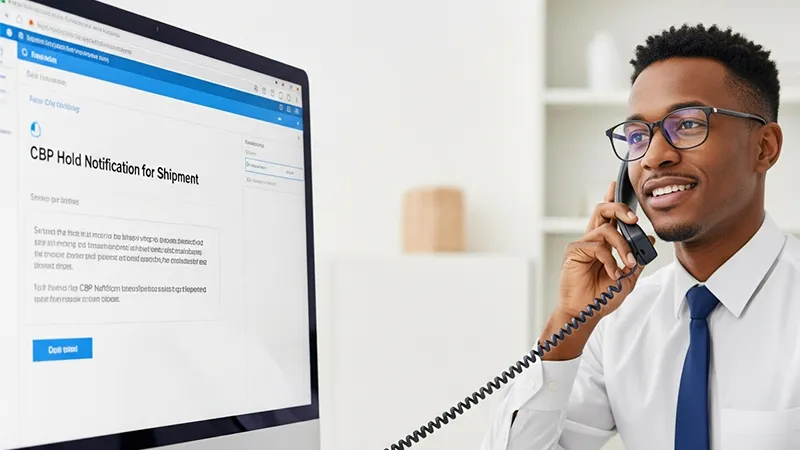
-
1. Who pays for a customs exam?
-
The importer is legally responsible for all costs associated with a customs exam. This includes transportation to the exam station, labor for unloading/reloading, and any storage fees incurred.
-
-
2. Can I speed up a customs exam?
-
No. Once CBP selects a shipment for an exam, the process is entirely under their control and cannot be expedited by any outside party, including your freight forwarder or customs broker.
-
-
3. What is a Container Exam Station (CES)?
-
A CES is a private facility authorized and bonded by CBP to handle the physical inspection of cargo. When an intensive exam is ordered, the container is moved from the port to a CES for the inspection to be performed.
-
This section is designed for FAQPage Schema.
Navigate Customs with an Expert Partner
Customs holds are an unavoidable part of international shipping, but they don't have to be a source of chaos for your business. By focusing on proactive compliance and working with an experienced partner, you can minimize your risk and ensure that when an exam does occur, it is handled with professional efficiency.
Our team is dedicated to making the customs process as transparent and smooth as possible. Let our 25 years of experience help you build a more resilient and compliant supply chain.
